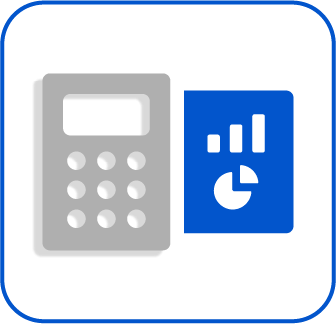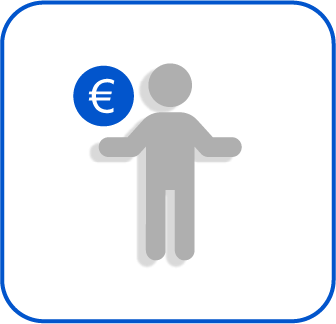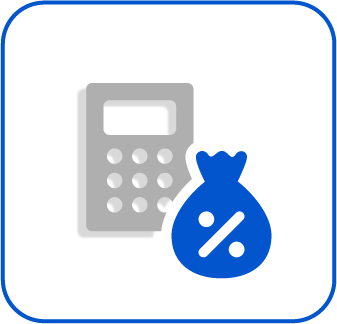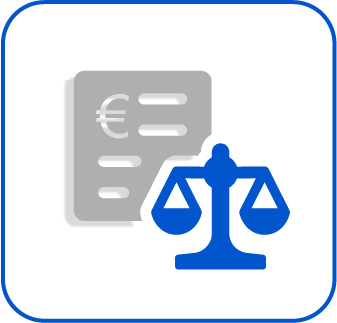Looking for VAT information for businesses? Visit the page VAT for businesses
Looking for VAT information for individuals? Visit Your Europe website.
Value Added Tax (VAT) is a consumption tax on the value added to nearly all goods and services bought and sold in and into the European Union. VAT is an important own resource for the EU budget.
VAT is...

an indirect tax on the vast majority of goods and services

borne by the final consumer, not by businesses

charged as a percentage of the sales price and collected fractionally at every stage of production and distribution

neutral, as the tax borne by the final consumer is the same regardless of the length of the supply chain
Goods sold for export or services sold to customers outside the EU are normally not subject to VAT. However, VAT is charged on most imports into the EU.
Learn more about how VAT works.





